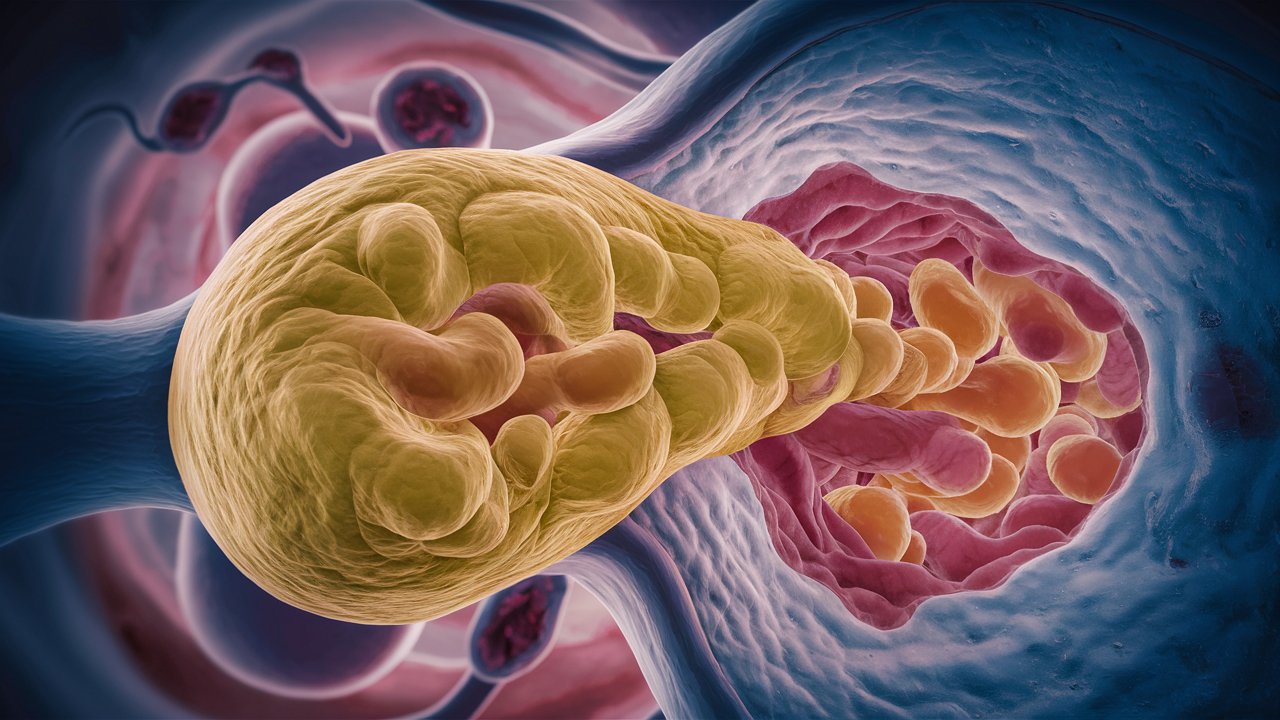
Caroli Disease is a rare genetic disorder affecting the bile ducts in the liver. Named after the French gastroenterologist Jacques Caroli, this condition can lead to serious complications if not managed properly. What exactly is Caroli Disease? It involves the dilation of the bile ducts, which can cause bile to accumulate and lead to infections or liver damage. Symptoms often include abdominal pain, jaundice, and fever. While it’s a lifelong condition, treatments focus on managing symptoms and preventing complications. Understanding Caroli Disease is crucial for those affected and their families, as early diagnosis and proper care can significantly improve quality of life.
What is Caroli Disease?
Caroli Disease is a rare congenital disorder that affects the bile ducts in the liver. It can lead to serious complications if not managed properly. Here are some intriguing facts about this condition.
-
Named After Jacques Caroli: The disease was first described by French gastroenterologist Jacques Caroli in 1958.
-
Two Types: There are two forms of Caroli Disease: simple Caroli Disease and Caroli Syndrome. The latter is more severe and involves additional liver complications.
-
Congenital Disorder: This condition is present from birth, meaning it is a congenital disorder.
-
Bile Ducts Affected: Caroli Disease primarily affects the bile ducts, causing them to become enlarged and form cysts.
-
Rare Condition: It is an extremely rare condition, with only a few hundred cases reported worldwide.
Symptoms and Diagnosis
Understanding the symptoms and how Caroli Disease is diagnosed can help in early detection and management.
-
Recurrent Cholangitis: One of the main symptoms is recurrent cholangitis, which is an infection of the bile ducts.
-
Abdominal Pain: Patients often experience severe abdominal pain due to bile duct complications.
-
Jaundice: Yellowing of the skin and eyes, known as jaundice, is another common symptom.
-
Hepatomegaly: Enlargement of the liver, or hepatomegaly, can occur in patients with Caroli Disease.
-
Ultrasound and MRI: Diagnosis typically involves imaging techniques like ultrasound and MRI to visualize the bile ducts.
Genetic and Environmental Factors
Both genetic and environmental factors play a role in the development of Caroli Disease.
-
Genetic Mutation: Mutations in the PKHD1 gene are often associated with Caroli Disease.
-
Autosomal Recessive Inheritance: The disease is inherited in an autosomal recessive manner, meaning both parents must carry the gene mutation.
-
Environmental Triggers: Certain environmental factors, such as infections, may exacerbate the condition.
Treatment Options
While there is no cure for Caroli Disease, various treatment options can help manage symptoms and complications.
-
Antibiotics: Antibiotics are commonly used to treat recurrent infections.
-
Ursodeoxycholic Acid: This medication can help improve bile flow and reduce symptoms.
-
Surgical Intervention: In severe cases, surgical procedures like liver resection or liver transplantation may be necessary.
-
Endoscopic Therapy: Endoscopic techniques can help drain cysts and relieve symptoms.
Complications and Prognosis
Caroli Disease can lead to several complications, affecting the overall prognosis.
-
Cholangiocarcinoma Risk: Patients with Caroli Disease have an increased risk of developing cholangiocarcinoma, a type of bile duct cancer.
-
Liver Failure: Chronic liver damage can lead to liver failure in severe cases.
-
Life Expectancy: With proper management, many patients can live a relatively normal life, although the condition requires ongoing medical care.
Final Thoughts on Caroli Disease
Caroli Disease, a rare genetic disorder, primarily affects the liver's bile ducts. Named after Dr. Jacques Caroli, who first described it in 1958, this condition can lead to complications like cholangitis, liver fibrosis, and even liver failure. Early diagnosis is crucial for managing symptoms and preventing severe outcomes. Treatments range from antibiotics for infections to liver transplants in extreme cases. Genetic counseling can help families understand the risks and implications. Though rare, awareness about Caroli Disease can lead to better support and care for those affected. Understanding the symptoms and seeking timely medical advice can make a significant difference in the quality of life for patients. Stay informed, consult healthcare professionals, and consider genetic testing if there's a family history. Knowledge is power when dealing with such a complex condition.
Was this page helpful?
Our commitment to delivering trustworthy and engaging content is at the heart of what we do. Each fact on our site is contributed by real users like you, bringing a wealth of diverse insights and information. To ensure the highest standards of accuracy and reliability, our dedicated editors meticulously review each submission. This process guarantees that the facts we share are not only fascinating but also credible. Trust in our commitment to quality and authenticity as you explore and learn with us.


